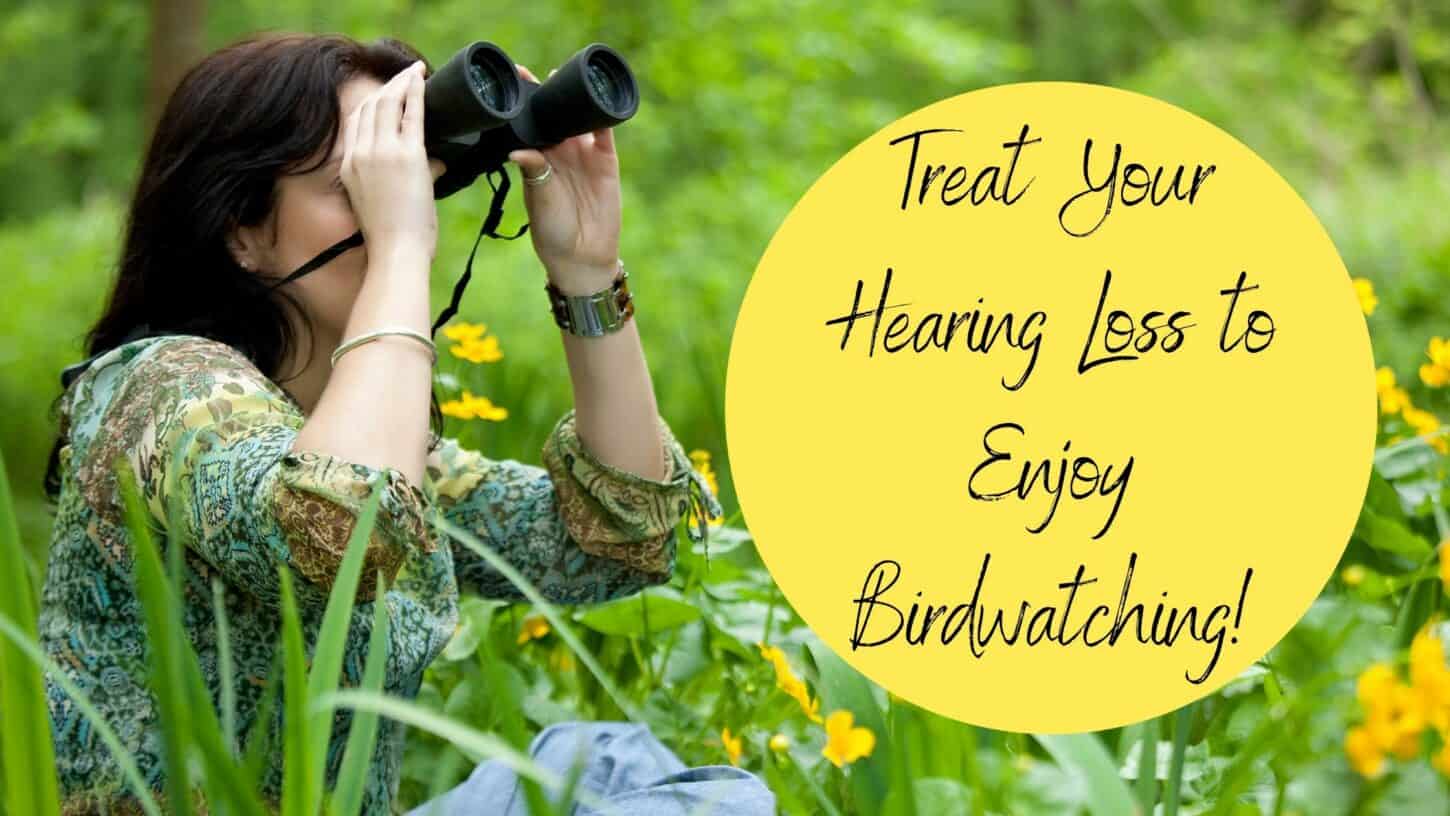Birdwatching has become a popular pastime in the last few months. With spring migration season just around the corner, now is an excellent time to get ready for some backyard birding.
How to Get Started
For beginners, it’s a good idea to start with the basics. Find a good bird book or an online resource that lists all the most common birds in your area. Make sure you also find information about what birds migrate through your area every spring and fall. Unlike local birds, migratory birds have more colorful plumage, fancy feathers, and captivating birdsongs.
Start by learning how to visually identify all these amazing birds. It takes some time to distinguish between different shades, browns and grays of your local birds, figure out which birds are migratory, and learn other identifiers like beak shapes.
Identifying Birdsong
If you listen closely, you’ll hear birdsong everywhere you go. Walking in the neighborhood dog park or going on a hike is a great opportunity to focus on birdsongs. But even on busy city streets you can catch the calls of a sparrow or other city dwelling bird.
Whether you’re already an avid birder or you’re just getting into bird watching, hearing loss can make it more difficult to go birdwatching. Oftentimes, we hear birds before we see them. And after we hear birdsong, we look in the direction of the sound to try to catch a glimpse of the bird. But if you can’t hear the bird, or can’t pinpoint where the birdsong is coming from, birdwatching won’t be as rewarding.
I Can’t Hear Birdsong
Have you noticed that you don’t hear as many birds as you used to? If you don’t hear birdsong, or bird calls always seem muffled or far away, you probably have some hearing loss. As we age, many of us will start to experience some high-pitched hearing loss. As the cells in your ears experience a lifetime of wear and tear, it becomes harder to hear sounds in higher frequencies. This includes the voices of children, the high-pitched hum of the air conditioner, and of course the sound of the birds.
Do Hearing Aids Help?
Hearing loss didn’t stop Ken K from birdwatching. Despite hearing loss, modern hearing technology has helped him identify more of the birds in his area, often identifying birds by their songs. “With spring underway, I am looking forward to putting my recently re-learned hearing skills to the test to identify songbirds. I am sure it will be my best birding experience in years.”
Hearing Aid Solutions for Birdwatching
Hearing aids can help you hear birdsong and enjoy birdwatching. If you’re an avid birdwatcher, let us know! We’ll adjust your hearing aid programs to help you hear birdsong. We usually calibrate hearing aids to help people hear conversation clearly. But if you’re a birdwatcher, we can develop specific settings that will enhance higher-pitched sounds. We may also recommend high-end hearing aids that offer exceptionally clear sound quality, so they’ll help you hear even more bird sounds.
Another birder who’s had great results with her hearing aids is Judy Zehenener. She’s a professional wildlife bird photographer, and relies on her hearing aids to help her locate birds. Her hearing aids helped her identify birds she hadn’t heard in a number of years, and this made birdwatching fun again.
“Without my hearing aids, I was unknowingly missing out on so much of the richness and beauty of nature” says Judy. “With hearing aids, the painting is fully restored.”
Schedule a Hearing Test
Have you been missing sounds, or find it increasingly difficult to enjoy birdwatching? Take a moment to think about your hearing health, and if you’ve experienced any of these common symptoms of high-frequency hearing loss:
- Struggling to understand children’s voices.
- Have a hard time hearing certain consonant sounds like s, h, f, and th.
- When you listen to conversations you feel like you’ve heard every word, but it didn’t make any sense.
- You can’t hear bird songs very well.
To find out more about hearing loss, contact us to schedule a hearing test. We’ll help you get to the bottom of your hearing loss, and find the right hearing aids for your hearing needs and hobbies.


